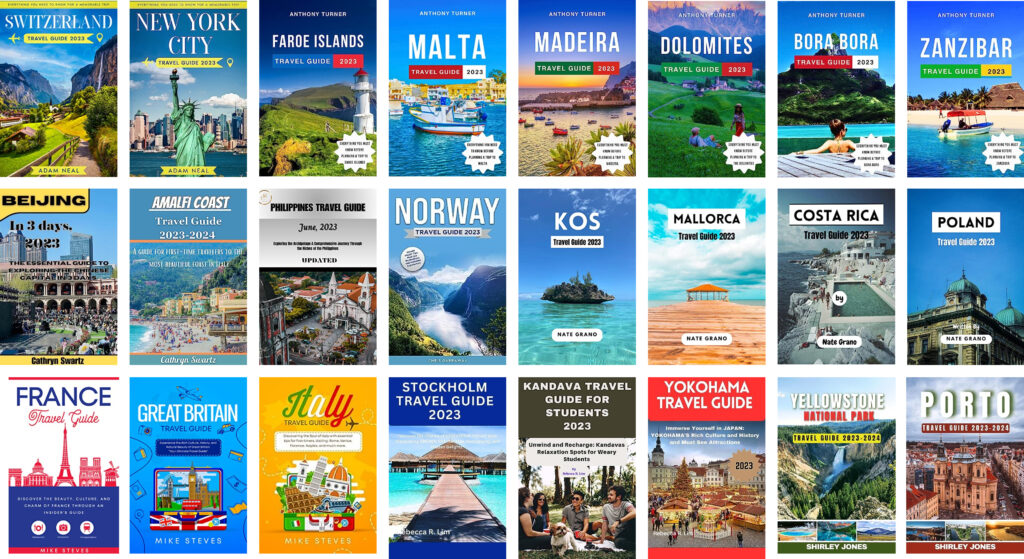Advertiser & Editorial Disclosure: The Bulkhead Seat earns an affiliate commission for anyone approved through the links below. This compensation may impact how and where links appear on this site. We work to provide the best publicly available offers to our readers. We frequently update them, but this site does not include all available offers. Opinions, reviews, analyses & recommendations are the author’s alone, and have not been reviewed, endorsed, or approved by any of these entities.
Artificial Intelligence (AI) continues to grow and evolve daily with powerful, new programs able to create images and text in seconds. But, there are some limitations here as evidenced by a recent guidebook published by Microsoft that recommended visitors in Ottawa dine at a local food bank.
Fast Company is reporting that the guide has been pulled by Microsoft, but managed to get this quote before it was taken down:
The organization has been collecting, purchasing, producing, and delivering food to needy people and families in the Ottawa area since 1984. We observe how hunger impacts men, women, and children on a daily basis, and how it may be a barrier to achievement. People who come to us have jobs and families to support, as well as expenses to pay. Life is already difficult enough. Consider going into it on an empty stomach.”
Travel guides have been the subject of scrutiny lately as several spammy books have popped up on Amazon. Looking at the reviews, it’s clear that ChatGPT and other services pumped out these almost useless guides. They are being created at virtually no cost and distributed through Amazon and other online retailers. AI can crank out multiple books in a day and when buyers read the recommendations they’re often left scratching their heads. Other examples cited Charleston, Aruba, and Prague as hidden gems for travelers.

The New York Times recently wrote about the issues around these flawed guides with fake writers that undercut the cost of books from well-known publishers like Fodor’s Travel or Rick Steves. It said that complaints generally focused on “vague descriptions, repetitive text, and lack of itineraries.” (Image Credit: The New York Times.)
Anthony’s Take: Generative AI is still in its early stages and it’s not without issues. Bad advice and other gaffes are to be expected and travelers should always do some of their own research. Spending a little extra for a book from a brand you know will also go a long way in ensuring you get the best travel advice.
User Generated Content Disclosure: The Bulkhead Seat encourages constructive discussions, comments, and questions. Responses are not provided by or commissioned by any bank advertisers. These responses have not been reviewed, approved, or endorsed by the bank advertiser. It is not the responsibility of the bank advertiser to respond to comments.
Advertiser & Editorial Disclosure: The Bulkhead Seat earns an affiliate commission for anyone approved through the links above This compensation may impact how and where links appear on this site. We work to provide the best publicly available offers to our readers. We frequently update them, but this site does not include all available offers. Opinions, reviews, analyses & recommendations are the author’s alone, and have not been reviewed, endorsed, or approved by any of these entities.

1 comment
Why not go for it? They supporting people who are working and have family… it’s not that it’s just for homeless. Free is free, I would give it a try if I am in the area, nothing to loose there.